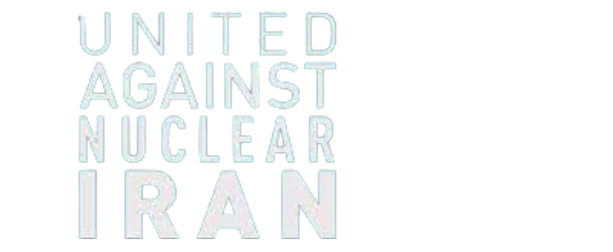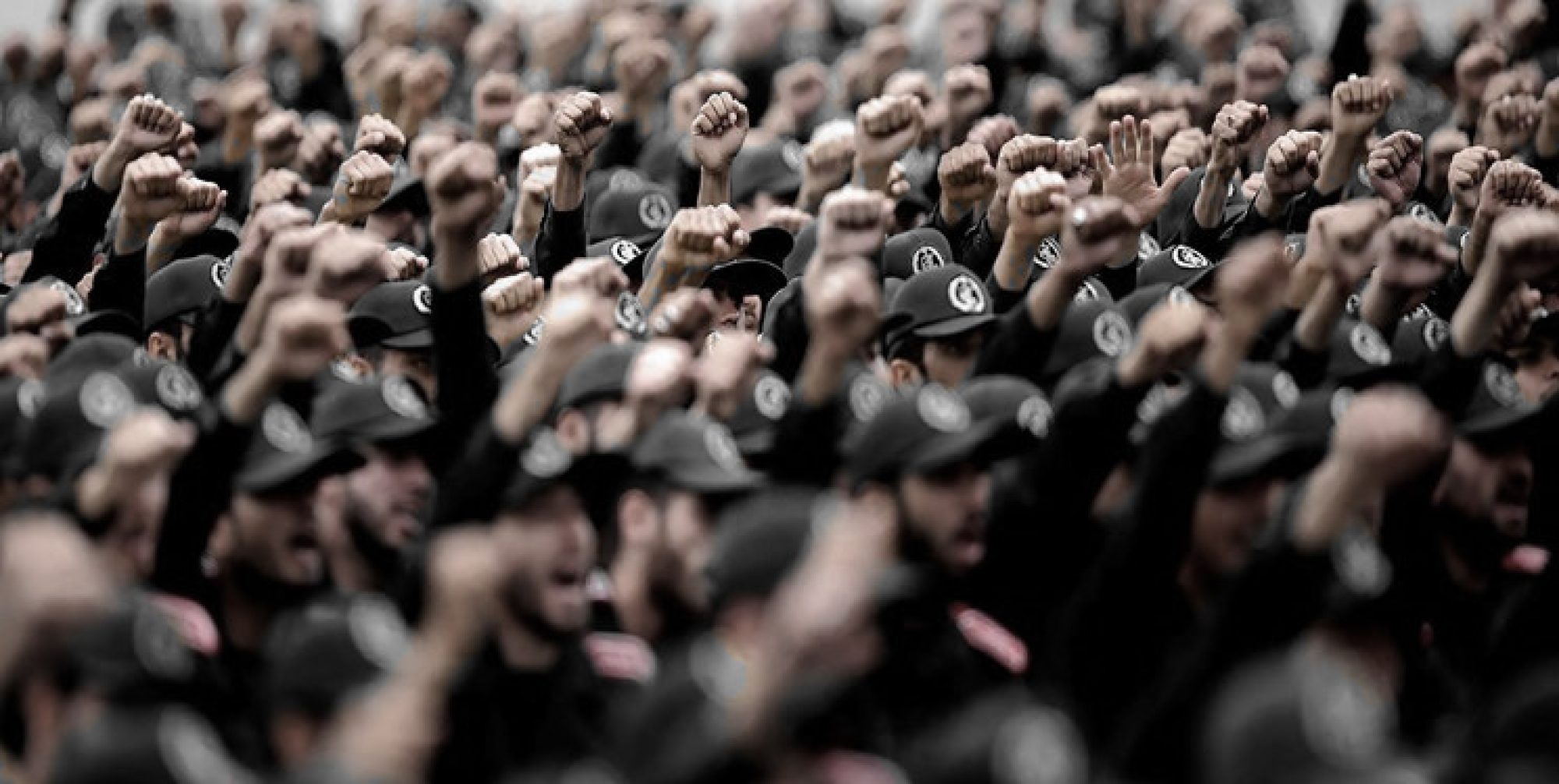Crimes Timeline
The IRGC crimes timeline exposes a disturbing pattern of illicit activities spanning terrorism, regional destabilisation, and human rights abuses. With operations that extend across borders, the IRGC has caused significant harm to the global community. From supporting terrorist proxies to engaging in cyber warfare, their actions threaten peace and security. It is crucial to recognize the magnitude of these crimes and work collectively to halt the IRGC’s destructive endeavours, safeguarding the well-being of nations and promoting a safer world.
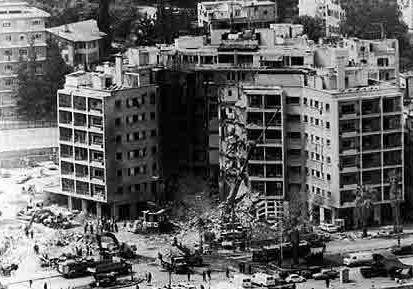
US embassy bombing in Beirut, Lebanon: IRGC-affiliated group Hezbollah is suspected of carrying out the attack that killed 63 people, including 17 Americans (source: U.S. Department of State).

US Marine barracks bombing in Beirut, Lebanon: Hezbollah, with IRGC support, carried out the attack that killed 241 American servicemen (source: U.S. Department of State).

Operation Mersad: Iranian military operation targeting People's Mujahedin of Iran (MEK) positions in the Iran-Iraq border region during the Iran-Iraq War (source: BBC News).
Kidnapping of Western hostages in Lebanon: Throughout the 1980s, the IRGC is believed to have supported Hezbollah in a series of high-profile kidnappings of Western citizens in Lebanon (source: Council on Foreign Relations).

Israeli embassy bombing in Buenos Aires, Argentina: The IRGC-backed Hezbollah is suspected of carrying out the attack that killed 29 people and injured over 250 (source: U.S. Department of State).

Mykonos Incident: Four Iranian Kurdish opposition leaders are assassinated at the Mykonos restaurant in Berlin, Germany. (source: The Guardian)

Support for Houthi rebels in Yemen: The IRGC has been accused of providing military support and training to the Houthi rebels in their ongoing conflict with the Yemeni government and the Saudi-led coalition (source: United Nations Panel of Experts on Yemen).
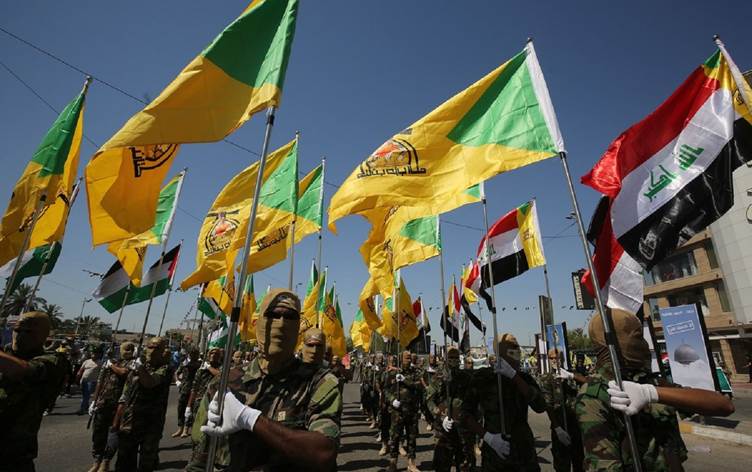
Support for Shia militants in Iraq: The IRGC's Quds Force was accused of providing training, funding, and weaponry to Shia militants in Iraq, resulting in numerous attacks on US and coalition forces (source: U.S. Department of Defense).

Kidnapping of British IT consultant Peter Moore and his four bodyguards in Iraq: The IRGC is suspected of orchestrating the kidnapping through a Shia militia group, leading to the death of four of the hostages and the eventual release of Peter Moore in 2010 (source: The Guardian).
Cyberattacks on US financial institutions: The IRGC is believed to have been behind a series of distributed denial-of-service (DDoS) attacks on US banks, resulting in significant disruption to online banking services (source: U.S. Department of Justice).

Attempted assassination of the Saudi ambassador to the United States: The United States accused the IRGC's Quds Force of planning to assassinate the Saudi ambassador in Washington, D.C. (source: U.S. Department of Justice).
Assassination plot against Israeli diplomats in India, Georgia, and Thailand: The IRGC is believed to have been involved in planning and executing the failed plots (source: Times of Israel).

Burgas bus bombing in Bulgaria: The IRGC-backed Hezbollah is suspected of carrying out the attack that killed five Israeli tourists, a Bulgarian bus driver, and the suicide bomber (source: Europol).
Assassination of Iranian dissidents in the Netherlands: The Dutch government accused the IRGC of involvement in the assassinations of two Iranian dissidents on Dutch soil (source: Dutch Ministry of Foreign Affairs).
Support for the Assad regime in Syria: The IRGC has been accused of providing military support, including troops and equipment, to the Syrian government in its ongoing conflict with various opposition groups (source: Amnesty International).

Abduction of US Navy sailors in the Persian Gulf: The IRGC briefly detained ten US Navy sailors after their vessels entered Iranian territorial waters, releasing them after a day (source: U.S. Department of Defense).

Downing of a US military drone: The IRGC claimed responsibility for shooting down a US military drone in the Strait of Hormuz, claiming it had violated Iranian airspace (source: BBC News).
Rocket attacks on US bases in Iraq: The United States accused the IRGC-backed Kata'ib Hezbollah of carrying out multiple rocket attacks on US bases in Iraq (source: U.S. Department of Defense).
Seizure of foreign oil tankers in the Persian Gulf: The IRGC was involved in multiple incidents of seizing foreign oil tankers in the Persian Gulf, further escalating tensions in the region (source: Al Jazeera).
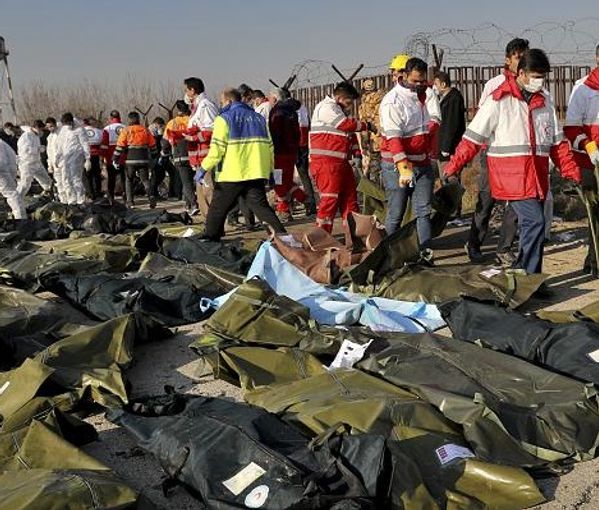
Shooting down of Ukraine International Airlines Flight PS752: On January 8, 2020, the IRGC shot down a civilian passenger plane, Ukraine International Airlines Flight PS752, shortly after takeoff from Tehran, killing all 176 passengers and crew on board. Among the victims, 138 were either non-Iranian or dual Iranian citizens, many of whom were travelling to Canada. The Iranian government initially denied involvement but later admitted that the IRGC had accidentally shot down the aircraft, citing human error (source: BBC News).

Attack on the Mercer Street oil tanker: The IRGC is suspected of using drones to carry out the attack, which killed a British security guard and a Romanian crew member (source: United Kingdom Ministry of Defence).

The Israeli Mossad has informed UK authorities about an Iranian plot aimed at Iran International journalists based in London, with links to a prior attempt against Israel's former consul general in Istanbul. It highlights the ongoing tension surrounding foreign broadcasters like Iran International, which the Iranian government has labeled a "terrorist organization".

German authorities have linked the November 2022 shooting at a synagogue in Essen to IRGC.
